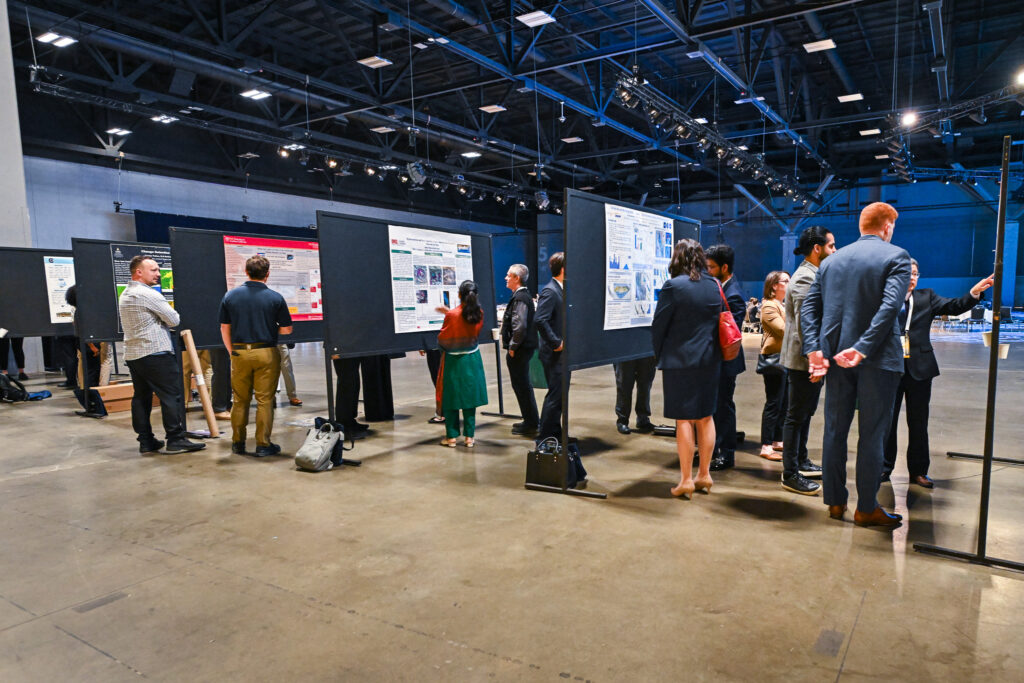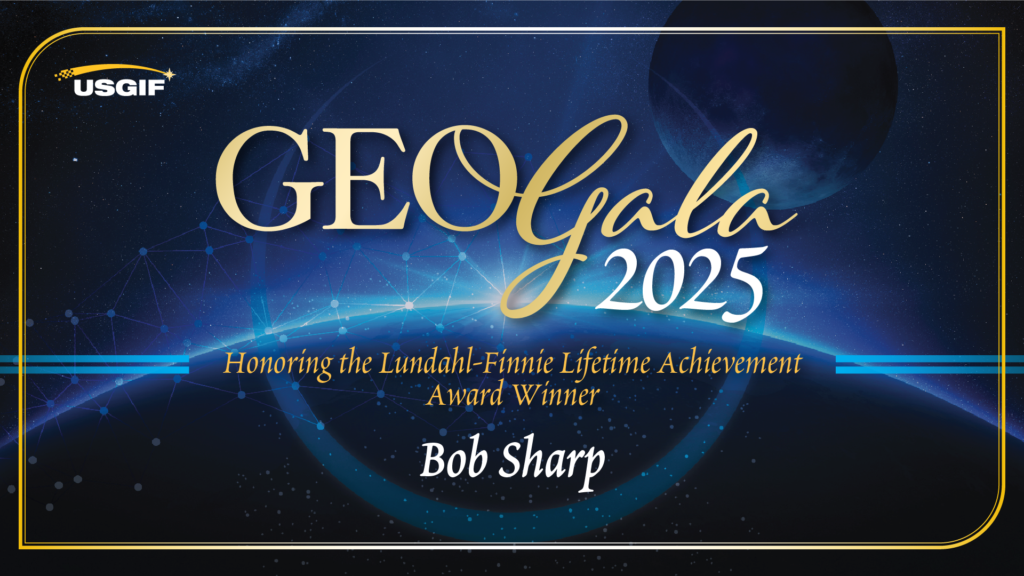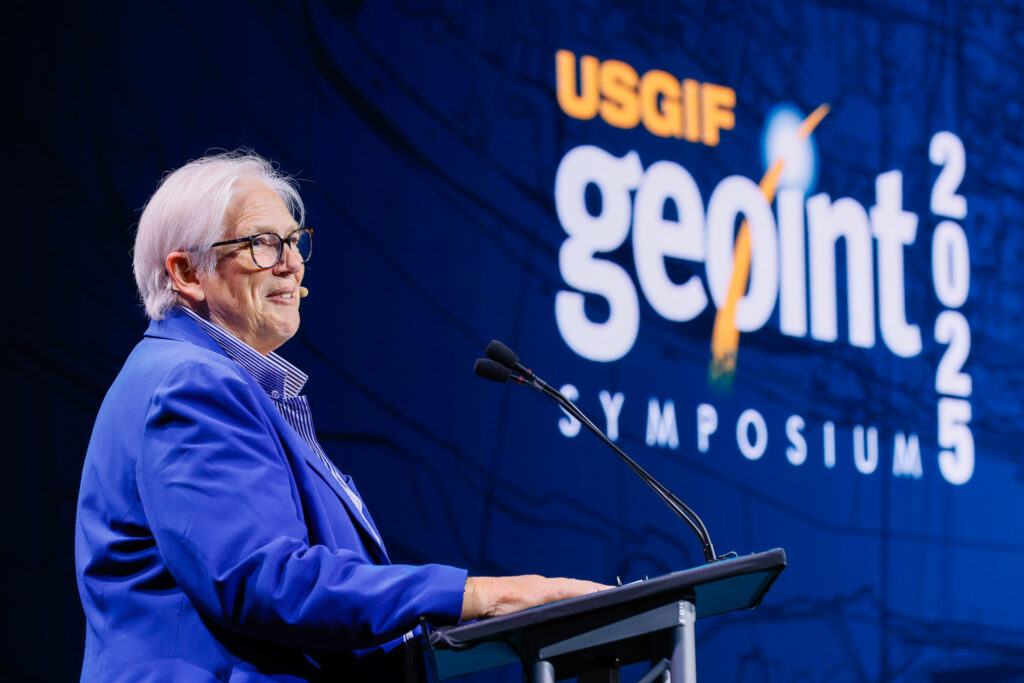Jayedi Aman, 2022 USGIF Scholarship Recipient
University of Missouri doctoral candidate Jayedi Aman spoke with trajectory about his research bringing together GIS, architecture, and urban planning to keep our communities safe and secure.

Jayedi Aman is pursuing an M.A. in Geography with a GEOINT emphasis and a Ph.D. in Human Environmental Sciences with an Architectural Studies emphasis at the University of Missouri Columbia. Originally from Bangladesh, where he studied architecture, Aman uses GIS, digital twins, social media, and AI to help city planners and government officials see the “big picture” of our urban environments and keep residents safe.
When did you first learn about the potential application of GIS technologies to architecture and urban planning?
I got interested while studying for my master’s in architecture back in Bangladesh. My main research was related to building energy performance, and as I dug into the research, I found that architecture cannot play alone. A building cannot function without considering the surrounding environment—that’s where urban planning comes in. Urban planning and architecture overlap with geography when you examine the spaces of everyday life or the spatial relationships among urban morphological attributes in different dimensions. We have to think about urban areas as a whole, not just in single components. I realized that I had to expand my research into GIS technology to understand urban morphological attributes and how they work together with buildings.
Can you summarize your doctoral research about building a new urban modeling tool that incorporates public sentiment?
My main target is to develop an urban digital twin (including transportation, buildings, infrastructure, and public spaces) on a large scale that also incorporates public sentiment. I need that because when responding to a disaster or crisis, we need to see the whole urban context in a 3D environment and understand where people feel safe or in danger. To make this urban digital twin, I need three things:
- The whole city, which is generating the data;
- People who act as sensors by using tools like social media;
- And a powerful analysis tool.
AI is the best tool right now for the analysis part, and I think it will be the future of the GEOINT community. Using these three tools, I can develop an urban digital twin which can help the GEOINT community and the urban environment.
Sentiment is significantly related to your current location. The platform I’m trying to develop can process information from social media in real time and then express human thoughts about a disaster to a bigger audience through a large system. If the sentiment data shows that a disaster is about to happen or is currently happening, you can immediately send out alerts and respond to the location.
Can you give an example of how human sentiment in urban areas can impact national security?
Consider the recent events in Seoul, South Korea. At least 153 people were killed, and another 150 were injured in a crush during a massive Halloween celebration. Events like this happen over and over in crowded cities or at festivals and are always followed by questions about crowd management and planning. My research can help authorities plan disaster prevention by monitoring crowd behavior patterns early on with smart technology and artificial intelligence.
What do you plan to do after your Ph.D., Jayedi Aman?
I grew up in a very academic environment. I have maybe 15 relatives who are teachers and in academia, so growing up, I always thought I would also be an academic or researcher. In the future, my main goal is to join a university or research lab where I can conduct research, teach students, and guide my peers to advance GEOINT technology and develop new methods and frameworks that support urban planning.
What does receiving a USGIF scholarship mean to you, Jayedi Aman?
Any scholarship you get is a very big recognition. But it’s not just about receiving money or recognition; it shows you have something to serve the community and the practical world. Receiving a USGIF scholarship shows me that I have something to serve the community—especially because my research is such a human-oriented decision-making tool. I want to support the community in a way that allows the GEOINT community to support regulatory bodies, decision-makers, urban planners, and architects in a positive way that can help future city development. A USGIF scholarship helps me do that.
What can GEOINT practitioners learn from academic work like your own? What is the value of keeping an eye on academia to those in industry?
I think there’s still a big gap between academia and industry. I worked in industry for three years or so, and when I was working, I saw a clear gap between the way practitioners and academics work. Academic research is mostly theoretical, and practitioners might have a hard time applying ideas from academia. So, in my current research, I recognize that there are confounding variables, and when those are applied to practical work, it becomes harder to interpret. But I think there’s still a lot of value in the framework we’re developing for the GEOINT community and urban planning authorities.
Featured image: Jayedi Aman at an Immersive Visualization Lab (iLab) workstation, University of Missouri Columbia. (Photo credit: Stella Quinto Lima)
Related Articles
USGIF Celebrates 2025 GEOINT Symposium Student Poster Winners
USGIF proudly recognizes the outstanding achievements of the top three winners of the 2025 Student Poster Competition, selected from an exceptional field of uni…
USGIF Honors Vice Admiral Robert Sharp, USN (Ret.), with 2025 Lundahl-Finnie Lifetime Achievement Award
The United States Geospatial Intelligence Foundation (USGIF) is proud to announce Vice Admiral Robert “Bob” Sharp, USN (Ret.), as the recipient of the 2025 Arth…
GEOINT Symposium 2025 Day Three Recap
GEOINT’s Next Frontier: Space Collaboration and Strategic Alignment The final general session day of the 2025 GEOINT Symposium highlighted the challenges and o…




